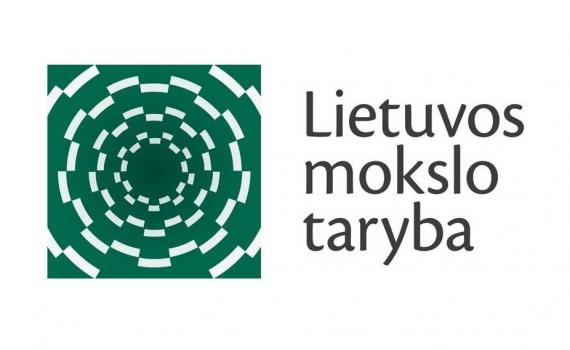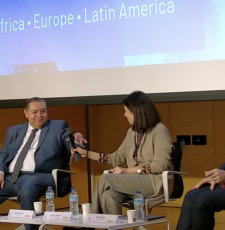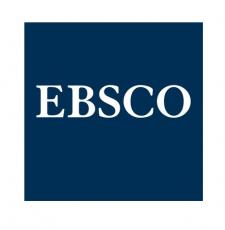
The Research Council of Lithuania adopted Guidelines for Open Access to Research Results (text in Lithuanian) on 29 February 2016.
The Guidelines include open access (OA) and open research data policy that are fully aligned with the Horizon 2020 (H2020) OA mandate and Open Research Data Pilot, and the July 2012 European Commission recommendations on access to and preservation of scientific information. The newly-adopted Guidelines are based on a strong OA tradition in Lithuania and on current good practices in Europe.
We are happy that the Research Council of Lithuania recognizes the benefits of OA for research dissemination and knowledge exchange, research efficiency, text and data mining and research data management and curation. The proposed policy will help intensify public-private partnerships between research institutions and business, support innovations and societal development as well as bring economic return on investments.
The Guidelines include the transition period and maintain a good balance between respecting academic freedom of researchers and introducing a standard list of requirements already common among European institutions: immediate deposit in a repository and providing open access after a reasonable embargo period (6 months for sciences and 12 months for social sciences and humanities); developing data management plans and ensuring the open availability of research data associated with research publications, etc.
As in the H2020 Open Research Data Pilot, projects may opt out of data-sharing commitments for a number of reasons including obligations to protect results, confidentiality, security or the protection of personal data. They may also opt out should the achievement of the action’s main objective be jeopardised by making specific parts of the research data openly accessible. In this case, the data management plan must contain the reasons for not giving access.
We welcome the fact that the Guidelines support open access publishing in full OA journals and, where the case, the Article Processing Charges (APCs) incurred by authors are eligible costs for the Research Council of Lithuania supported projects. We also welcome that the costs of implementing data management plans are eligible project costs.
We agree that the hybrid model, as currently defined and implemented by publishers, is not a functional and viable pathway to OA.
Moreover, we support the requirement of using a Creative Commons Attribution license (CC-BY) for publications in OA journals.
The strategy for compliance monitoring is very well defined in the draft document and follows current good practices in Europe. We also like the fact that academic community will be involved in the monitoring process.
We are happy that the Guidelines encourage other research performing institutions in the country to adopt similar OA and open research data policies.
We believe that OA policy alignment across European countries is key to:
-
Enable researchers working in interdisciplinary areas or in international teams to comply with a single OA policy rather than with multiple and often divergent policies;
-
Facilitate interdisciplinary research and harmonisation of practices among different academic disciplines;
-
Enable researcher-mobility across the European Research Area;
-
Support the European Union harmonisation agenda and promote common practices and norms;
-
Implement generic infrastructural services (e.g. OpenAIRE);
-
Accelerate scientific research, technological progress and social well-being.
EIFL, together with PASTEUR4OA and OpenAIRE project participated in the public consultation on the Guidelines for Open Access to Research Results, Research Council of Lithuania.
Read more (in Lithuanian language): Prof. Rūta Petrauskaitė: „Už viešąsias lėšas sukurti mokslo rezultatai yra ne tik mokslininko bei jo institucijos, bet ir visos šalies turtas“.
SHARE / PRINT









